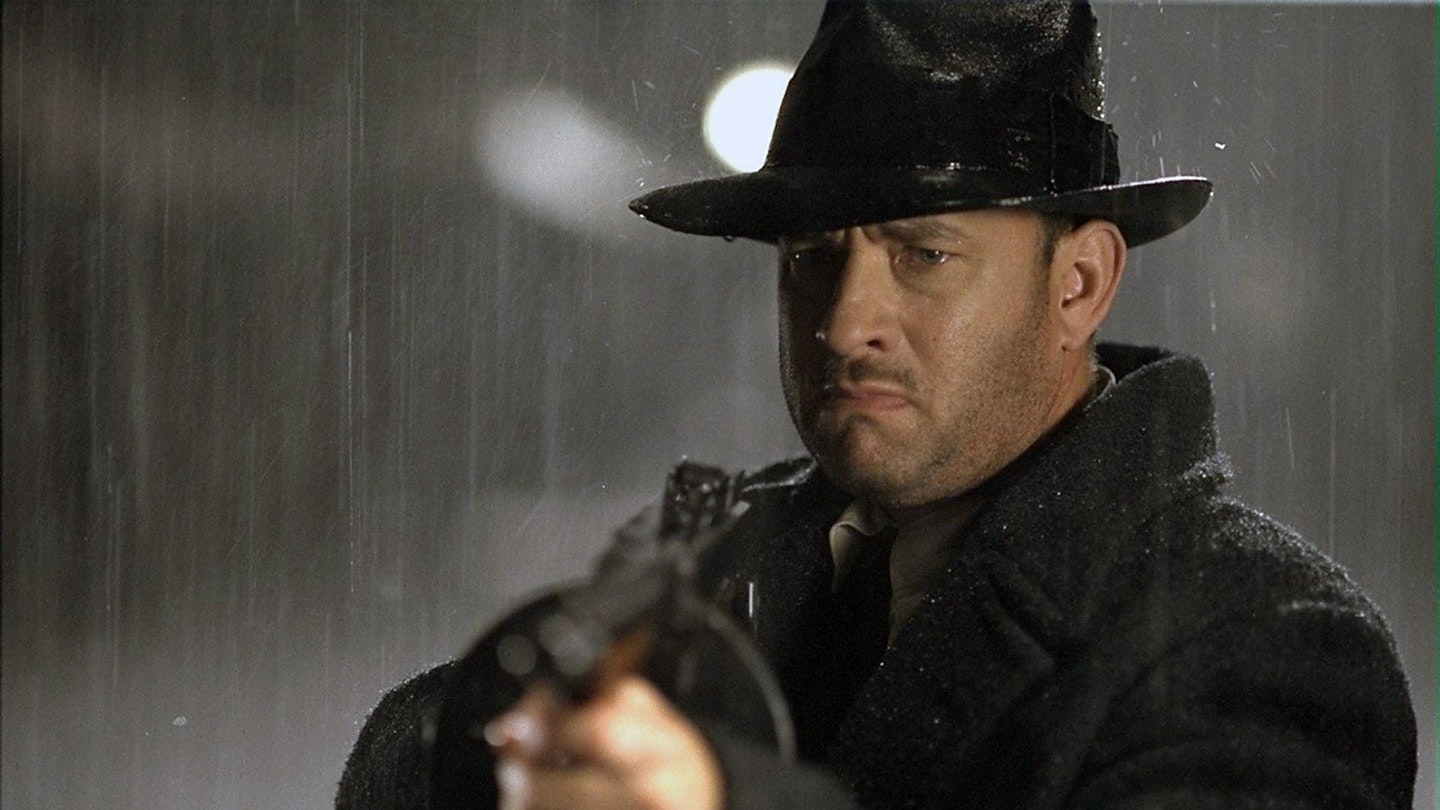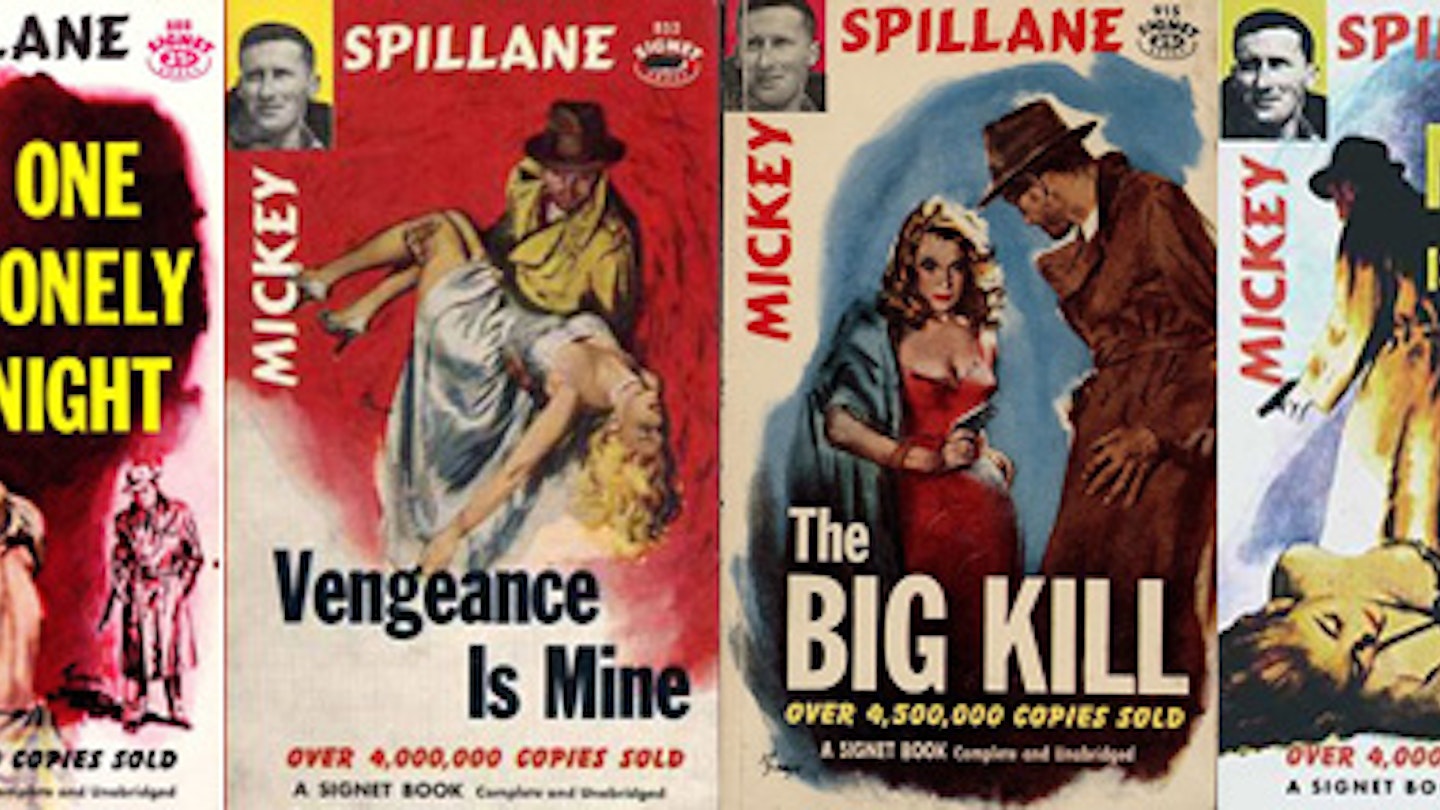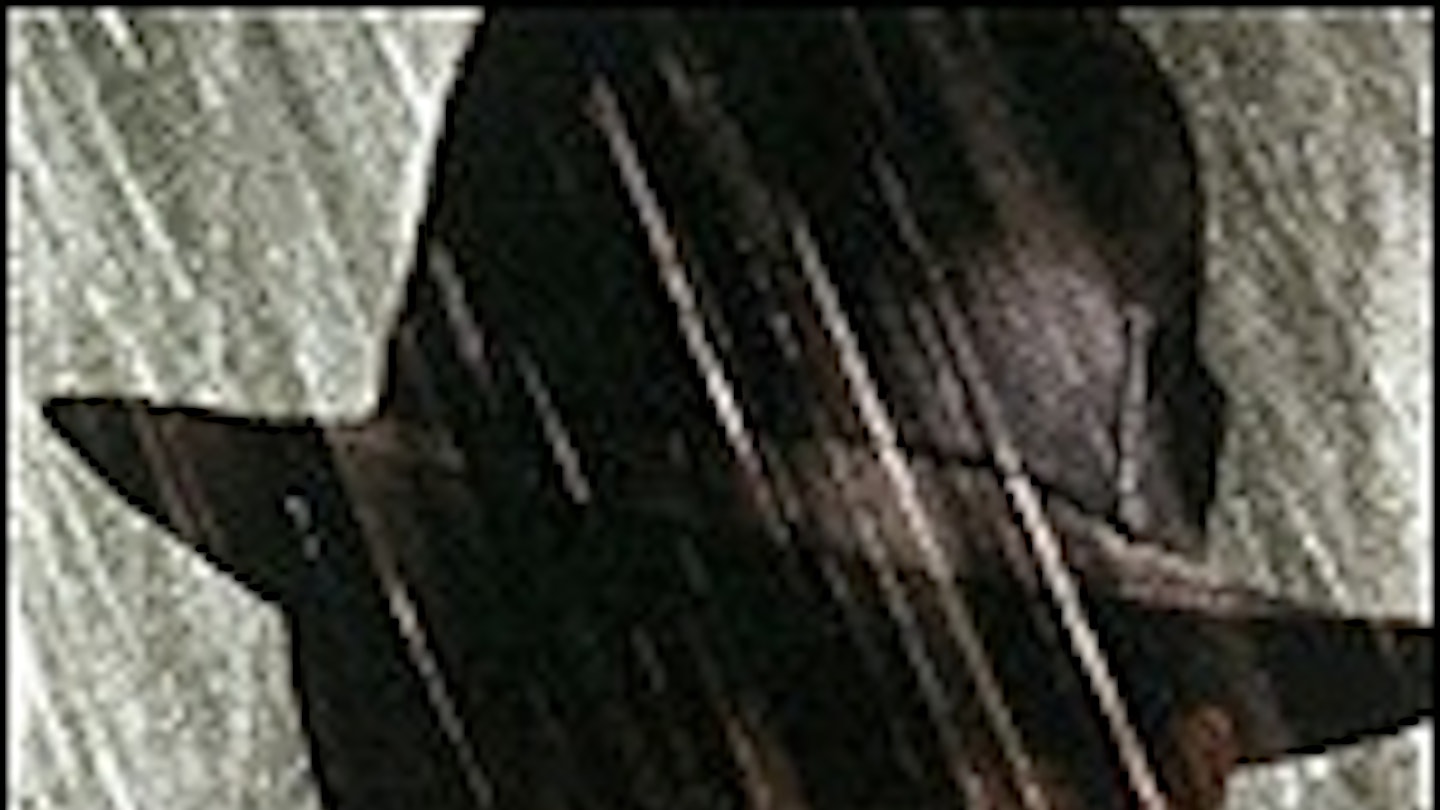The year is 1931, and dapper immigrant mobsters are running an icy America with big guns and deadly honour codes. You know, the stuff of cinematic pearls since time immemorial, and the canvas on which Max Allan Collins and Richard Piers Rayner painted their graphic novel (posh comic book).
It's this emotional exploration of the gangster myth that Yank-fixated Brit Sam Mendes was drawn to after his blistering debut, 'American Beauty'. 'Perdition' translates as 'damnation', and with wry whimsy is also the name of the elusive Midwest town planned as sanctuary for enforcer Michael Sullivan's young son, desperate to find love in his cold-blooded father.
This is a moody, pristine study of paternal woe, localised to an Illinois chapter of the mob run by Newman's ageing patriarch, a man tormented by a trigger-happy dolt of an heir, Connor (Craig, slimeballing with relish). His is the devilry that rips apart Sullivan's life, sending echoes up to Chicago, in the form of a slick Stanley Tucci as real-life Capone general, Frank Nitti. Gangsters are the ultimate dysfunctional family.
Chastely violent and sombre, the movie is a blood-rush of visual magnificence (take a bow, cinematographer Conrad L. Hall). However, it's at times weighed down by its own gravity, and perhaps too eager to touch its forelock to Mendes' forebears, Scorsese and Coppola, not to mention John Ford's scope and Michael Powell's lushness.
Comparisons with 'The Godfather', 'The Untouchables' and 'Miller's Crossing' will fly, but the true reference point here is 'Unforgiven'. Sullivan's journey into a hell of his own making is pure William Munney. It falls short of Eastwood's classic, but not by very much.
Mendes conducts with a grace the material can't quite handle, and we do not hear clearly the earnest notes of the designated quest for salvation. Look, it's Hanks and Newman together! As crooks! Worry not, though, we've still got Jude Law as the real scumbag, a Weegee-styled hit man with stained molars and a porkpie hat, who shoots his victims with both gun and camera.
Hanks - hunkered down in a heavy skin with a threadbare moustache and the rigid posture of moral deep-freeze - works hard not to force things. Neither hero nor anti-hero, for the audience it proves too taxing to shake the notion that this is Forrest Gump doing his best Clint Eastwood. Amoral? Ambiguous? Evil? Too big a leap.
Newman, meanwhile, is electrifying. Coating Rooney in dead eyes and a soft smile, his conflation of the jovial grandfather with flints of absolute darkness is a performance that chimes with (and betters) Brandon's Don Corleone. His is the crowning speech, power's inevitable corruption writ heavy across his soul: 'This is the life we chose... And there is only one guarantee: none of us will see heaven'.
When he and Sullivan finally cross swords, Mendes pulls out a moment of transcendent cinema: a speechless sequence washed in the film's signature downpour, lit to throw Tommy guns and fedoras into stark silhouettes - you watch agape as simple celluloid transforms into poetry. Mendes has the eye, if not yet the ear, to be amongst the greats he honours so much. The luxury is that this is only film two.


